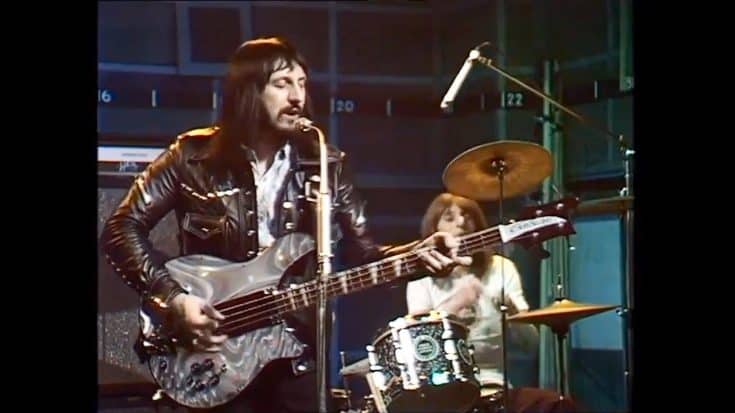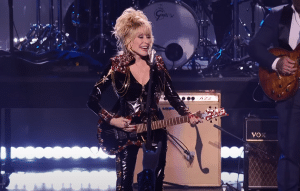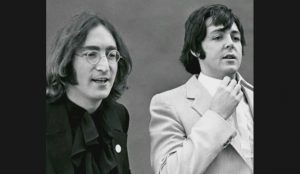7 Basslines That Made Classic Rock’s Foundation

via Brady / Youtube
In classic rock, guitar riffs often steal the spotlight, let’s take a moment to appreciate the unsung heroes—the basslines that shaped the genre. These basslines not only provided the backbone but also became integral to the identity of these timeless classics.
These basslines, each with its unique flavor, not only complemented their respective tracks but also left an indelible mark on the landscape of classic rock. They remind us that sometimes, the most impactful contributions are the ones that stand out just enough to be noticed and appreciated.
Here are seven iconic basslines that laid the foundation for classic rock in the ’70s, presented in chronological order.
These basslines, each with its unique flavor, not only complemented their respective tracks but also left an indelible mark on the landscape of classic rock. They remind us that sometimes, the most impactful contributions are the ones that stand out just enough to be noticed and appreciated.
“Peace Frog” – The Doors (Ray Neapolitan)
Featured on The Doors’ 1970 album “Morrison Hotel,” Ray Neapolitan’s bass on “Peace Frog” added a unique groove to the band’s repertoire. Described by drummer John Densmore as The Doors’ take on a James Brown song, this bassline stood out as a key element in the band’s live performances.
“Roundabout” – (Chris Squire)
Yes’s 1972 hit “Roundabout” showcased Chris Squire’s intricate bass work. By layering his bass line through overdubbing, Squire, along with other musicians, created a dark and mesmerizing foundation for the song, adding depth to the Scottish reel with a jig quality.
“Walk on the Wild Side” – Lou Reed (Herbie Flowers)
Herbie Flowers, the only upright bassist on our list, played a pivotal role in Lou Reed’s 1972 classic. The descending and ascending portamento lines on both upright and fretless Fender Jazz bass provided the song’s iconic backbone, making it a standout in the rock ‘n’ roll repertoire.
“Money” – Pink Floyd (Roger Waters)
Pink Floyd’s 1973 hit “Money” from the iconic album “The Dark Side of the Moon” featured Roger Waters’ composition of the unforgettable bassline. In 7/4 time, the bassline played a crucial role in the song’s distinctive sound, contributing to its massive success.
“The Real Me” – The Who (John Entwistle)
Originally recorded in 1973 for “Quadrophenia,” The Who’s “The Real Me” saw a re-recording for the 1979 film soundtrack. John Entwistle’s playful approach to bass, often termed “lead bass,” shone through, showcasing his unique style and contributing to the song’s enduring appeal.
“Good Times” – Chic (Bernard Edwards)
Bernard Edwards’ iconic bassline in Chic’s 1979 hit “Good Times” became the driving force behind the song’s success. This bassline not only influenced subsequent hits but also played a role in shaping the sound of other genres, including hip-hop.
“London Calling” – The Clash (Paul Simonon)
Released in December 1979, “London Calling” barely made the ’70s cut. Paul Simonon’s evolution as a bass player was evident in this track, reflecting newfound confidence. Simonon’s bassline, combined with the rebellious spirit of The Clash, became a symbol of punk rock’s influence on classic rock.


















